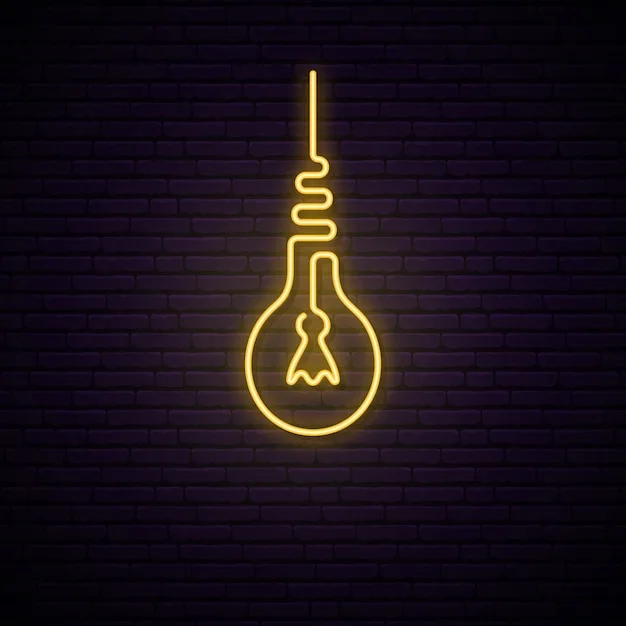- cross-posted to:
- [email protected]
- cross-posted to:
- [email protected]
Have fun. Or an aneurysm, whichever:
Given the fact that that poem is 100 years old, I would have thought that English would have evolved to fix these issues by now. Oh well.
We need a new language I guess. Maybe it’s time to switch to the most popular language in the works (in terms of number of native speakers): Mandarin Chinese.
Maybe better use second most popular: Spanish, it at least uses same letters (differently though ¯\_(ツ)_/¯)
As someone who has studied it, have fun with that. While that poem is an outlier, there’s still a ton of things that not even inflection or context can solve.
James, while John had had “had”, had had “had had;” “had had” had had a greater effect on the teacher.
😠
You must be loving all the technically correct comments on this post
“That that” spoken are two different sounding words so it makes sense. When it goes from verbal to written and I see it, I will almost always try to rephrase things to avoid that combo. It just jumps out as totally wrong.
are they? I just said “I didn’t know that that was how it is” out loud and both thats sound the same
It’s called weak forms, this video goes into a lot of details about them, has examples of “that that” as well: https://youtu.be/qlbGtEg68x4
The A is slightly more emphasized in the second that. It’s subtle
must be regional I guess
Could be. So you say them exactly the same and not an inflection shift?
No, why would I
Because you generally put more emphasis on the subject in English
I’ll try and pay attention next time I have to say that that or if someone else says it. I think reading it and over thinking it makes it sound weird
In fluent speech, the conjunction (the first “that”) is unstressed, and as a result some speakers reduce the vowel a bit toward schwa. However, if you told those speakers to carefully pronounce each word, I bet they would pronounce the conjunction and the pronoun the exact same same. A more common example of this kind of reduction is the word “to”, which is almost always reduced to /tə/ ([tə] ~ [tʊ] ~ [ɾə] depending on dialect and surrounding words) in everyday speech when unstressed.
Fun fact, you can reduce just about every unstressed vowel in English to schwa (if it’s not already a schwa) and still be largely understood.
English has its flaws, but I don’t agree that that is one of them.
What exactly is it that you do do?
What are your duties? You’re going to have a lot of duties but you will be able to unload your duties on the people below you.
You don’t need the extra do in the do-do scenarios.
“You do do that though” “You do that though”
The issue is that they are still both technically correct? I think?
Do you do that? I don’t do that.
Vs.
You do that? I don’t that.
Number 1 wins.
My doodoo scenarios often need an extra doo
It serves a meaning. It adds emphasis to the statement.
“You do do that though”

*had had, has had
I always read “read” as “read” but now everything’s different.
Read rhymes with lead the same way read rhymes with lead.
That one’s a readily available lead on how to pronounce both those words.
It is read like lead, not read like lead.
Edit: dammit, someone beat me to it.
english is dumb. why do we say “hands,” but we don’t say “foots”? why does “goose” become “geese,” but “moose” doesn’t become “meese”? why is “led” the past tense of “lead,” but “red” is not the past tense of “read”? why don’t “good” and “food” rhyme? LIGHT becomes LIT, fight becomes FOUGHT. peek becomes peeked, seek becomes SOUGHT
i could do this all day, but i willn’t
English is three other languages in a trench coat
Live footage of me reviewing a report that has a repeated word series like this:

I showed my teacher a flork and now she loves them
Hahaha holy shit, some of them are way the fuck out there
Buffalo buffalo Buffalo buffalo buffalo buffalo Buffalo buffalo.
What makes this a “flaw”? Also, show me a " flawless" language (a real one, not loglang or whatever)
“I would never! Not unless you were already having been going to do that!”
“wha-?”
“You heard me!”
I present the present as a present to all those present in the present tense.
Incoming James While John
Many of the at least 400 words that are technically both nouns and verbs depending on usage can form sentences of just repeating the word.
Buffalo buffalo buffalo Buffalo buffalo.
Echoes echoes echo Echoes’ echoes.
Mrs Miss misses misses’ Miss.
Fly flies fly.
Tests “test” test tests Tests’ test.
Reasons reason reasons.
















